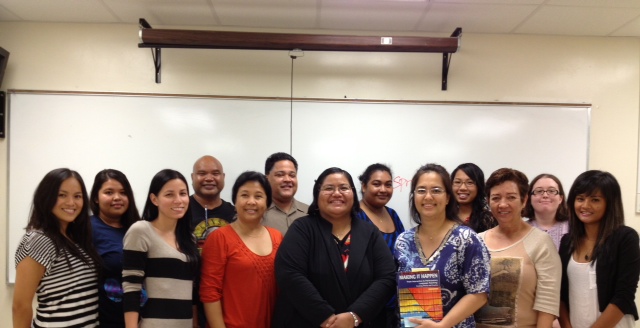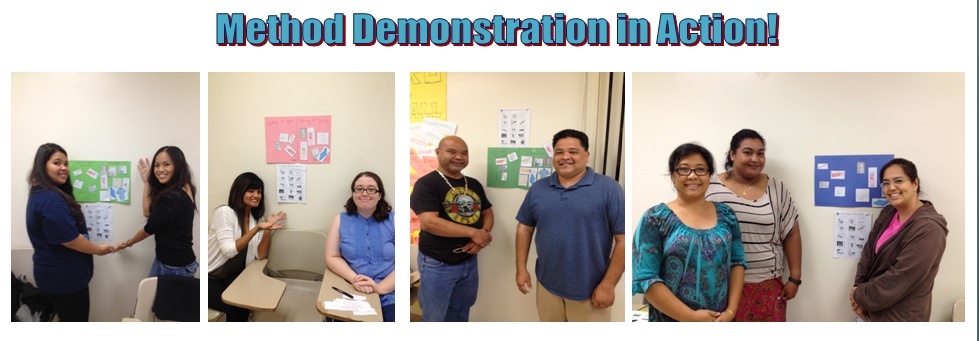It related to my own personal experience in that I made a mistake in my Japanese class at college and the professor stopped the whole lesson to explain how and why I got the concept wrong. At that moment, I wished the world would have swallowed me whole. When the professor asked me to say something else, I froze and couldn't even speak. I had thought, what if I made another mistake and I was made a fool of again? I mumble the answer quickly and tried to keep from the professor's eye for the rest of the class.
I would never want any student in my class to have to experience something like that. Below is a youtube clip I found that displays an example of recast.
-Kaylynne







That's awesome! I've learned in all my ESL courses that's important to correct their grammar exactly the way the teacher did in the video. Recast is an exceptional approach to teaching the second language learners without singling them out. Thanks for sharing.
ReplyDeleteI am sorry your professor corrected you that way. Your experience may cause young second language learners to become intimidated and not become very successful at the second language.
ReplyDeleteI do like what was shown in the video clip. I use such corrections with my students. Most of the time, they immediately correct themselves without being aware of it and do not feel intimidated.
I'm really glad to hear an example used in the classroom. The textbook did state that the student might not be aware of the correction, but it's good to hear in your example that they did. Of course, if they don't pick up the correction, a teacher could lead the conversation back to the topic the student got incorrect so it could be reinforced.
Delete-Kaylynne
I can relate to your experience about being completely embarrassed about making a mistake when trying to speak a new language. The video displays a much more effective way of using recasts. I liked your post because it also helped to clarify my understanding of the process.
ReplyDeleteThis is a good video on recast. I liked how you share your personal experience. I experienced something similar to your experience too during my undergrad years. I had this one professor who would just corrected my pronunciation in front of everybody by asking me to say the word over and over again for the other students to hear. I was completely embarrassed that sometimes I didn't want to go to class. When she asked questions I would make sure I looked busy doing something just so that she wouldn't pick on me.
ReplyDeleteI thought it would help but it never did and she continued to pick on me to speak in class. No matter how embarrassed I was I tried to look on the positive side that it will help me in the long run. Soon enough, this professor realized what I was doing. She told me one after class that she was proud of me for not giving up.
So from that experience I always look at the positive side. As teachers we should consider looking at every direction to see how we can help our ESL students. I am not saying that I am proud of what my professor did to me but there are many ways to correct the students and not embarrass them or bring down their self-esteem.
Tish, I am glad that you used it in your classroom and it worked perfectly. I have not use it but I will definitely try it one day.
It's so wonderful that you never gave up! I know that sometimes when a teacher singles a student out they will give up being it seems they will never get the material right. For your professor to tell you that she was proud of you was also really good on her part. I think if a teacher does use direct correction, they need to tell the student from time to time how well they are doing to keep their motivation up.
Delete-Kaylynne